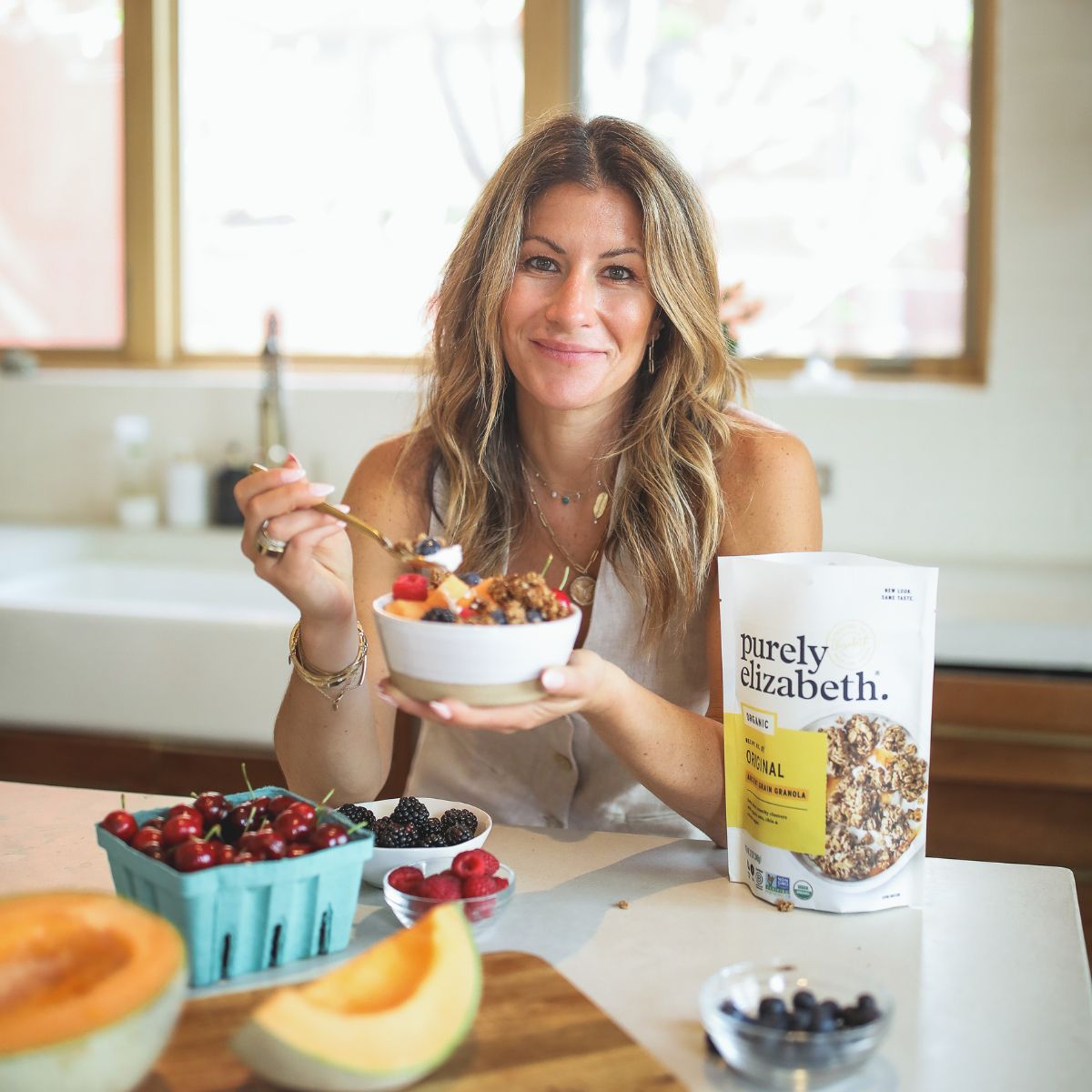Elizabeth welcomes Dr. Beth Westie, the accomplished author of Best Selling book The Female Fat Solution, creator of the 12 week Female Hormone Solution, the Eat for your Cycle Method and host of the Female Health Solution Podcast. Dr. Westie has dedicated herself to changing women's perspectives on health by educating and empowering them to take control of their own well-being. Dr. Westie and Elizabeth dive into everything related to women's health, including the impact of hormones on weight loss, ways to utilize nutrition and movement to align with your natural cycle for optimal health, and topics such as protein intake for women, intermittent fasting, adrenal fatigue, and much more.











